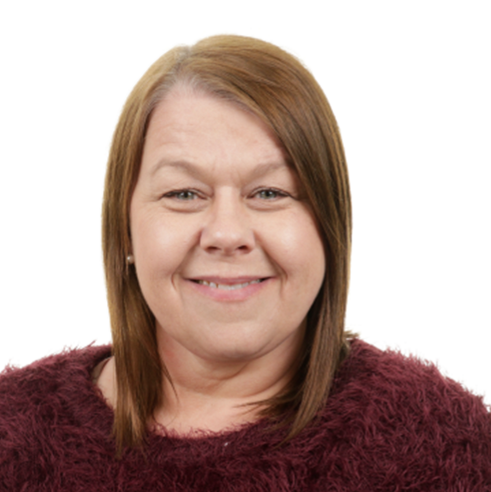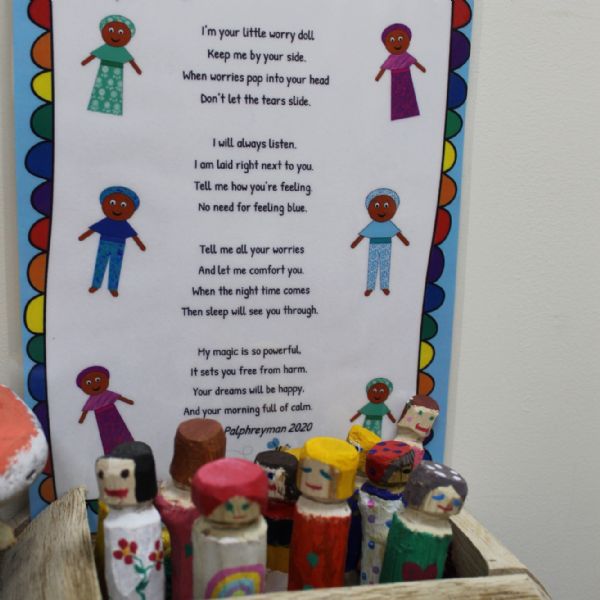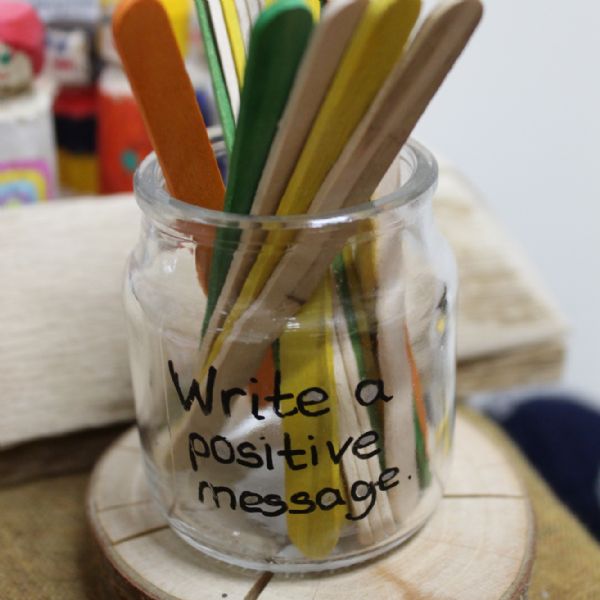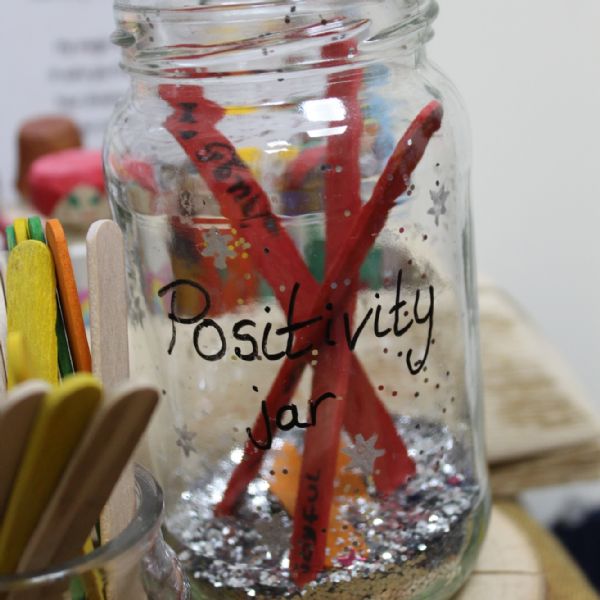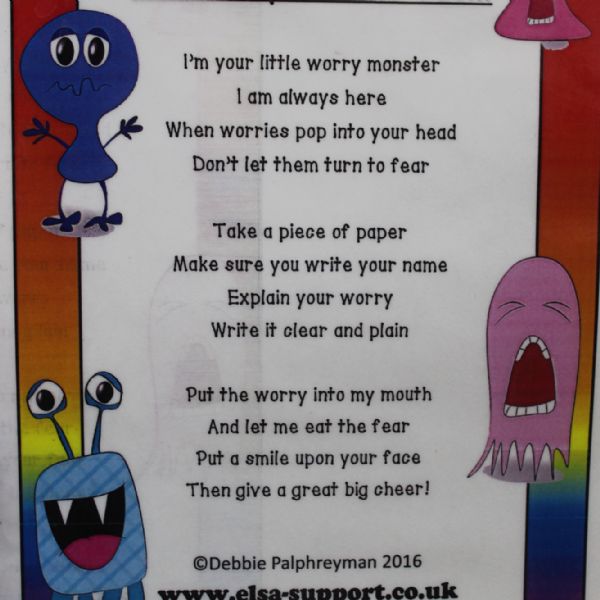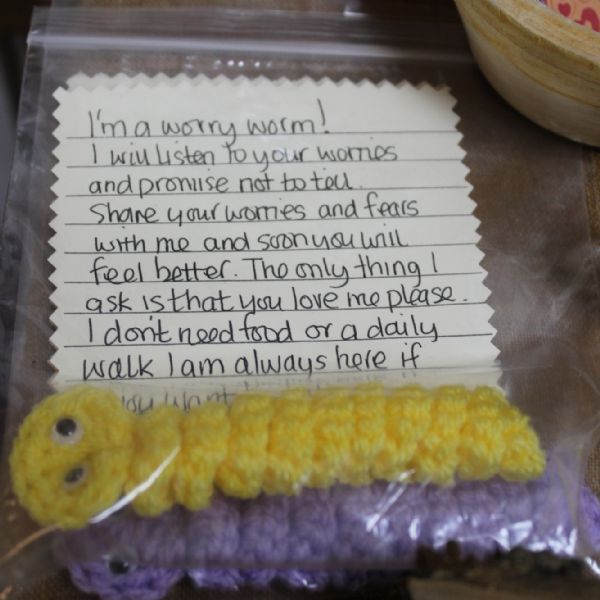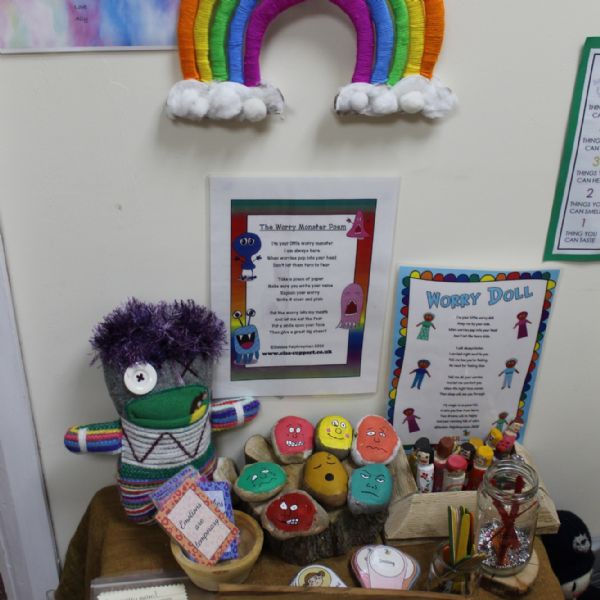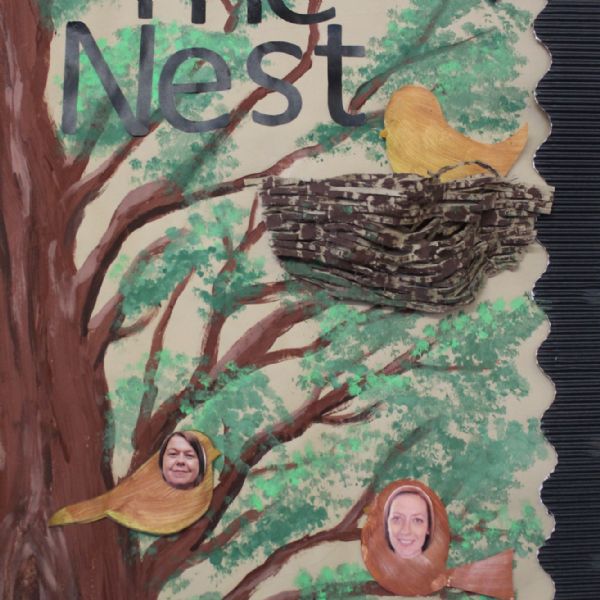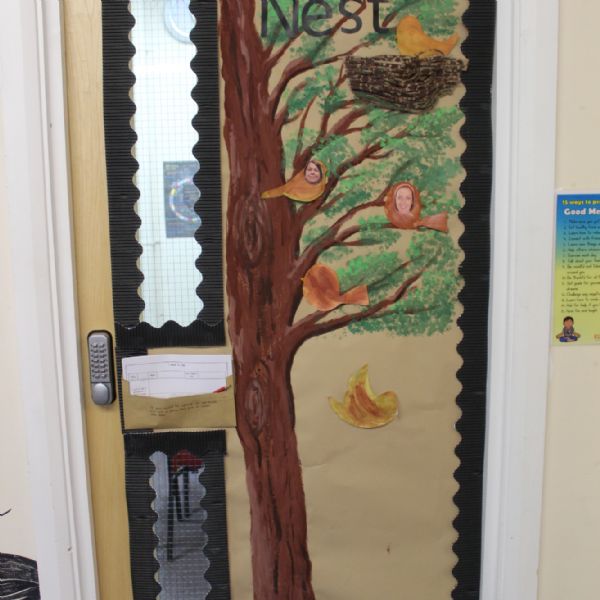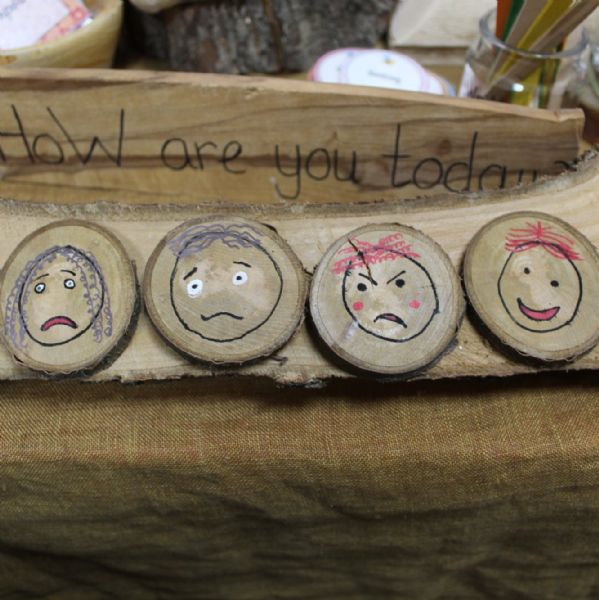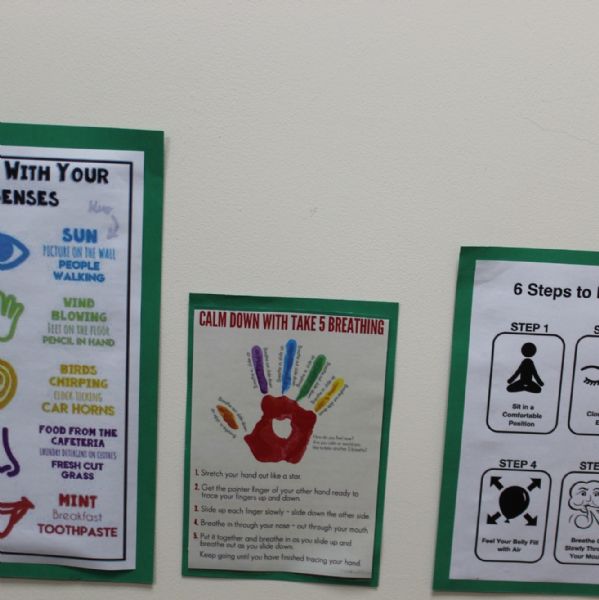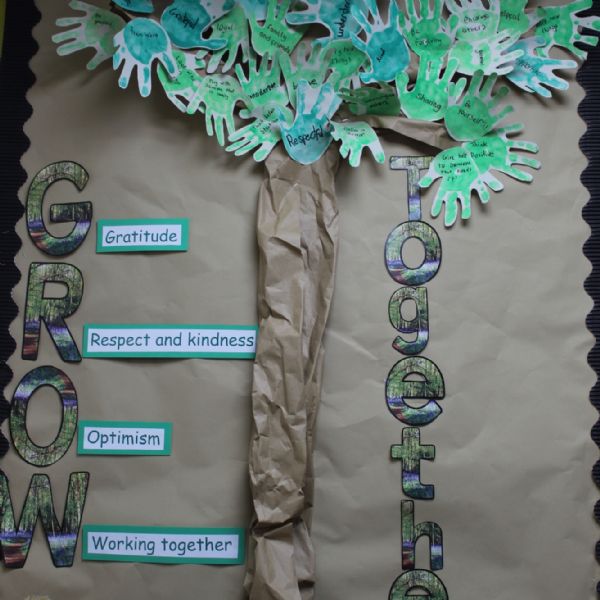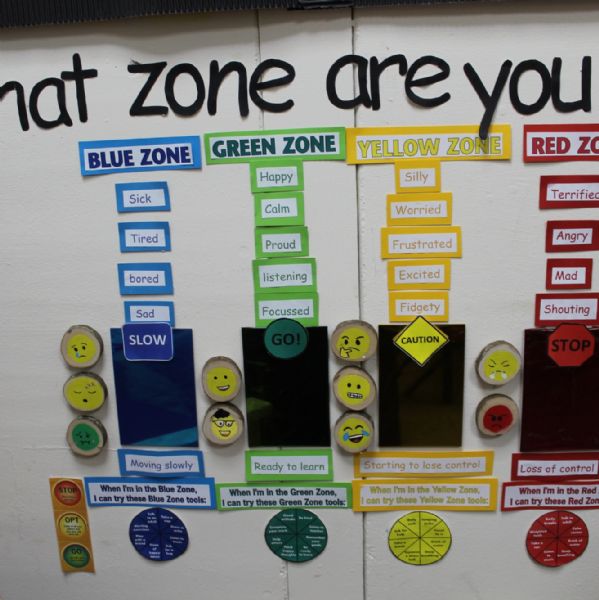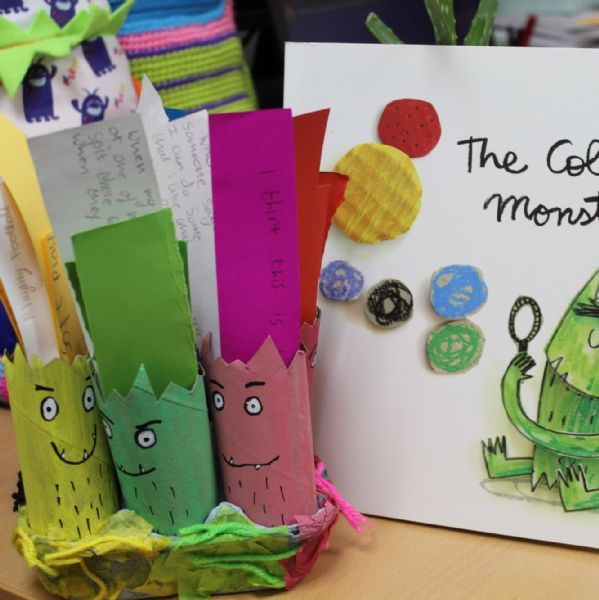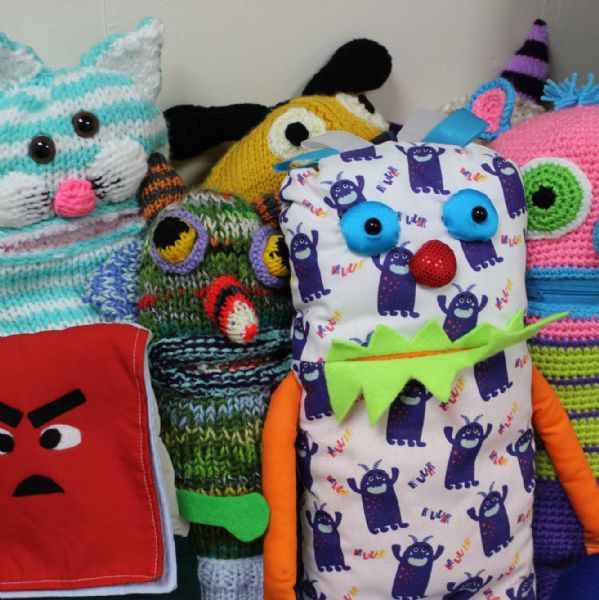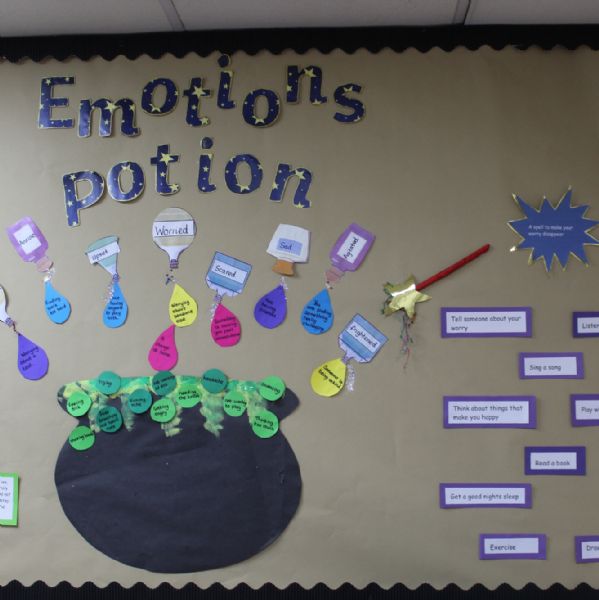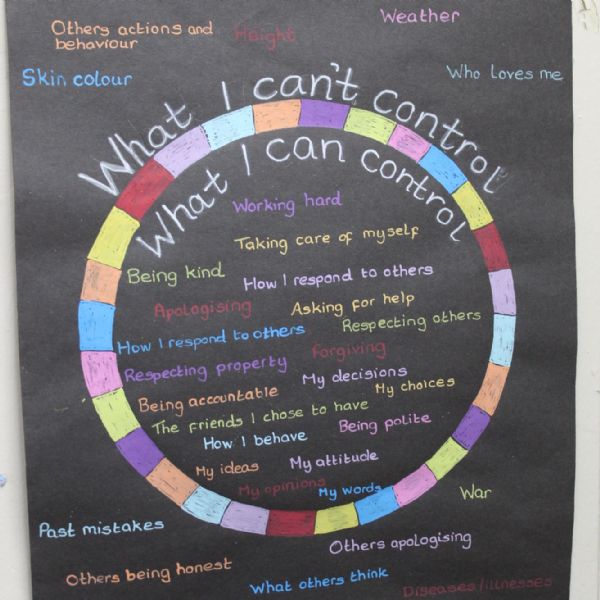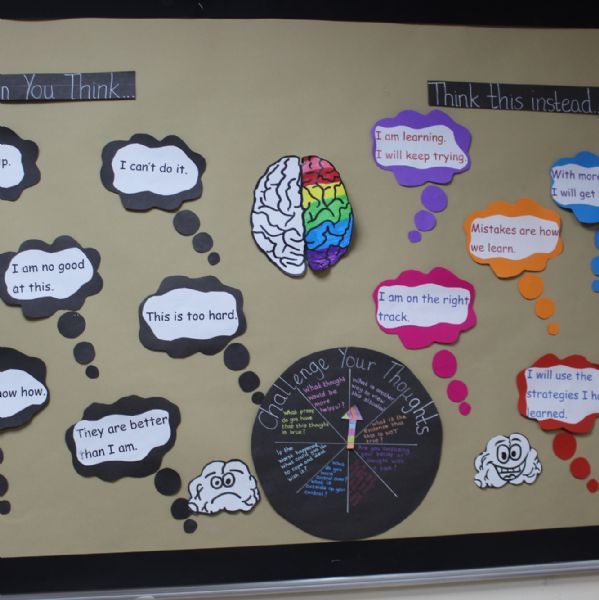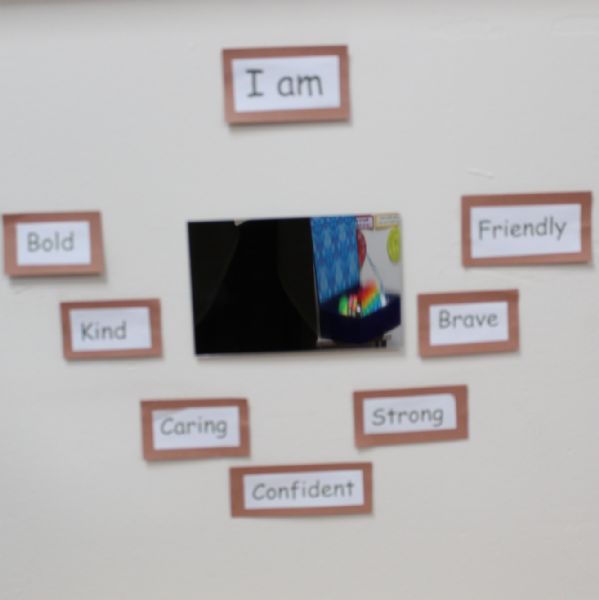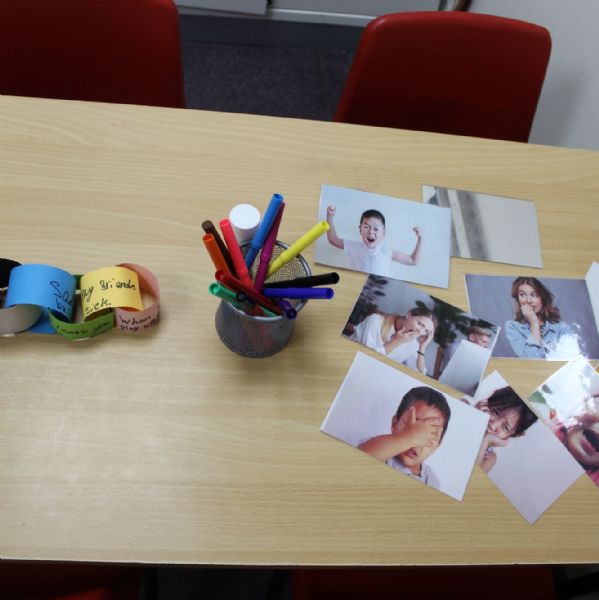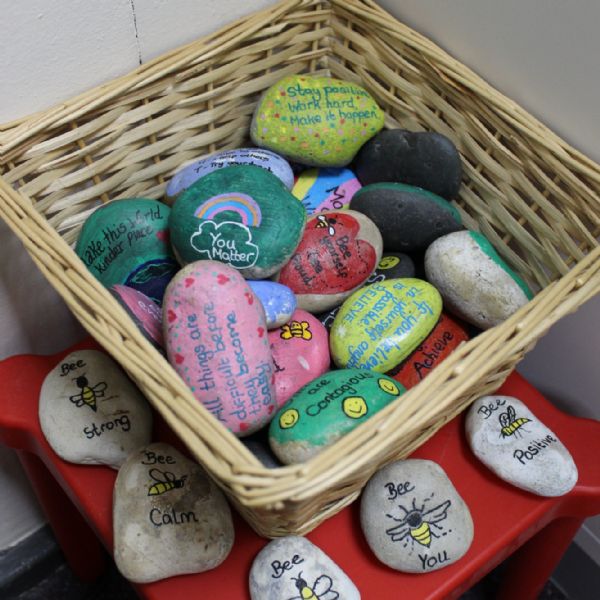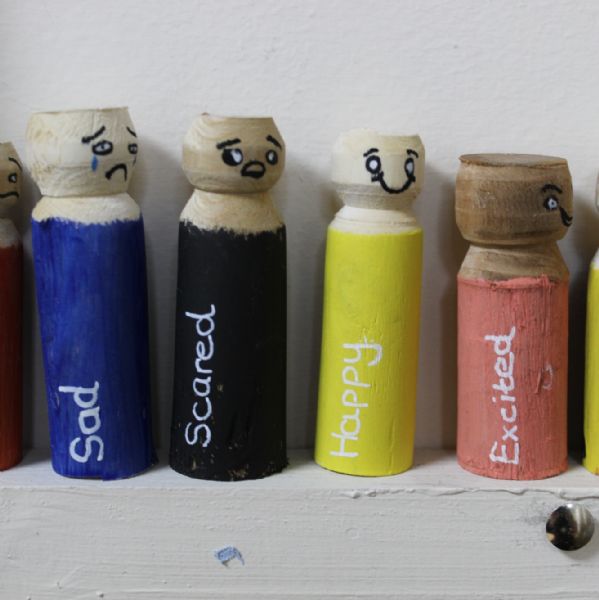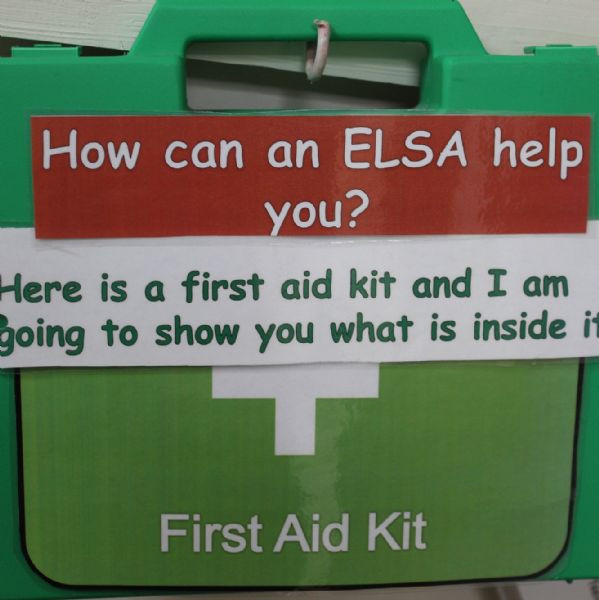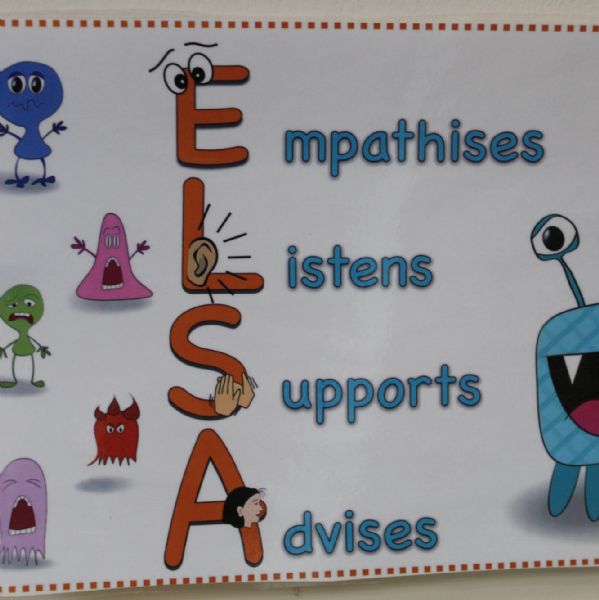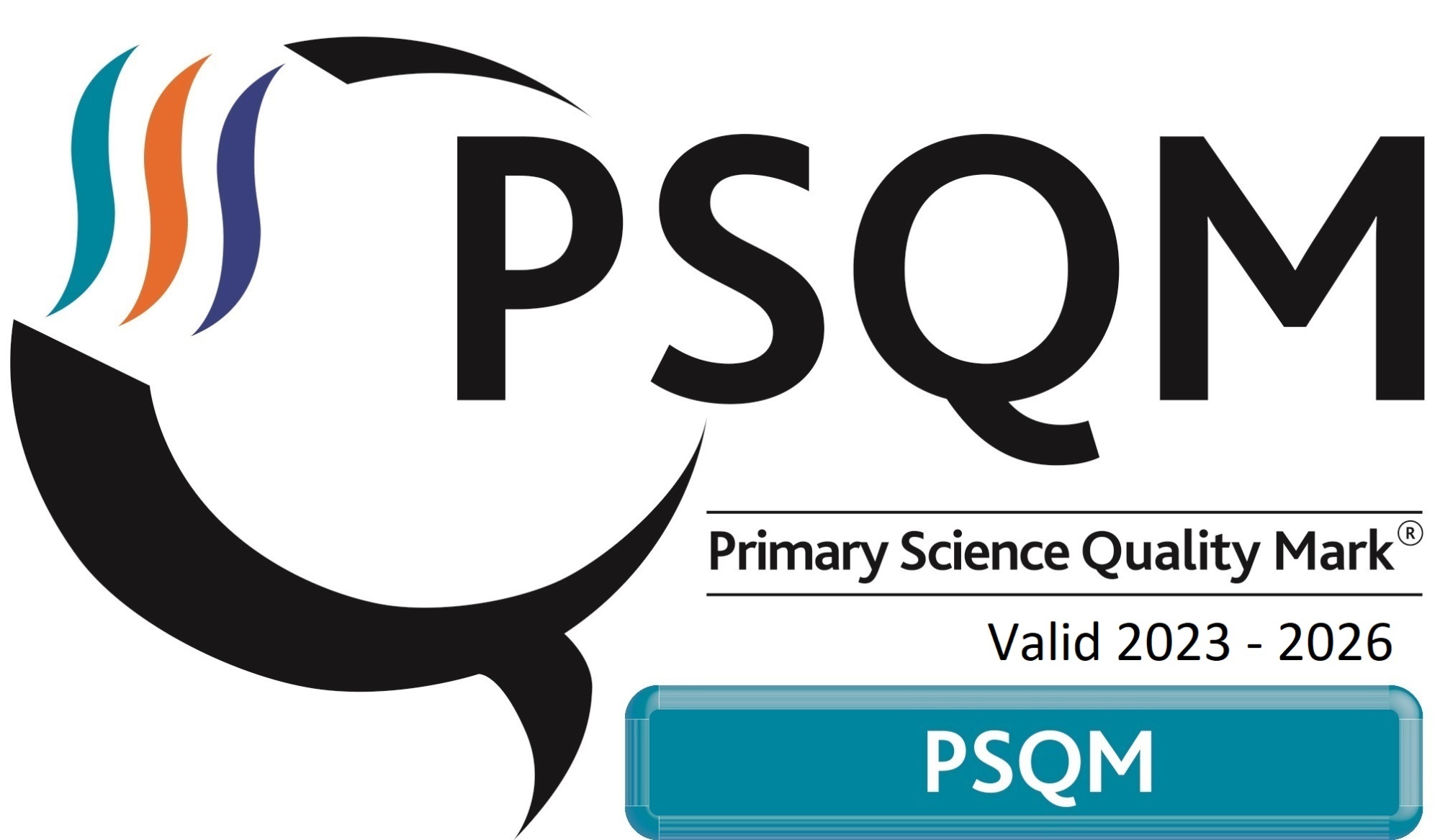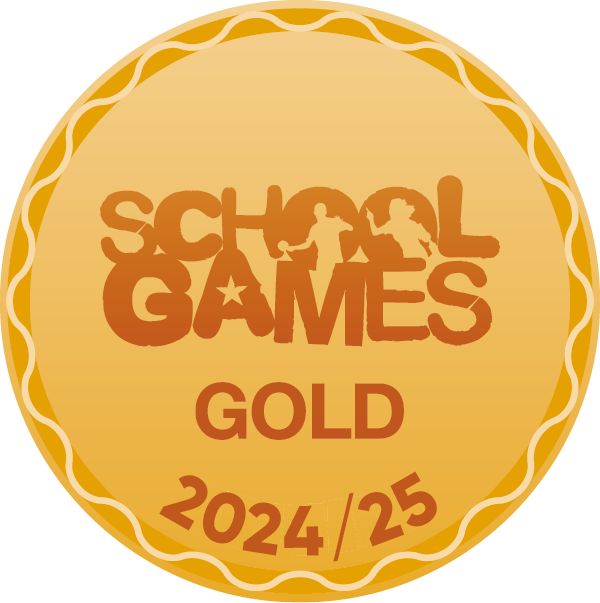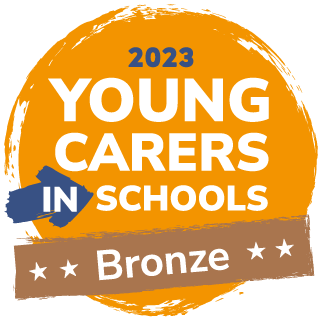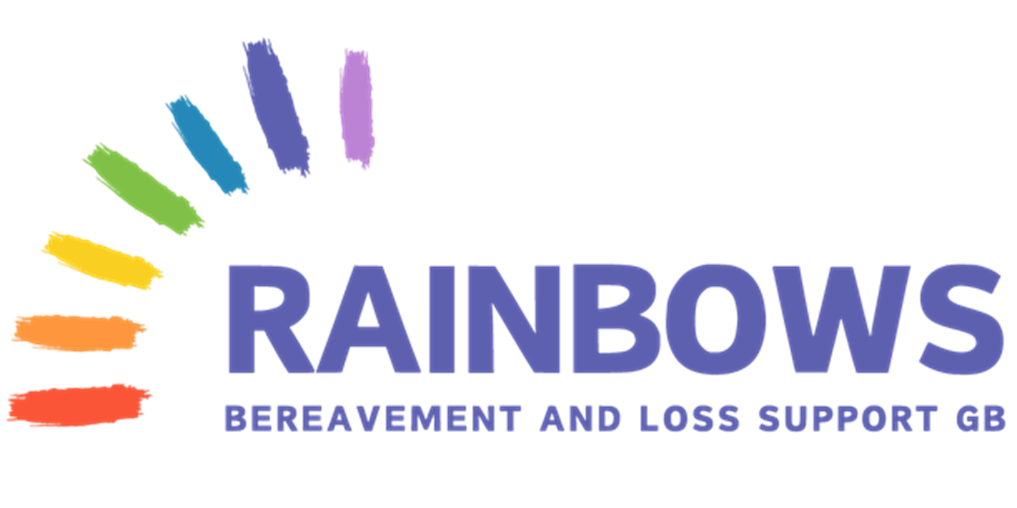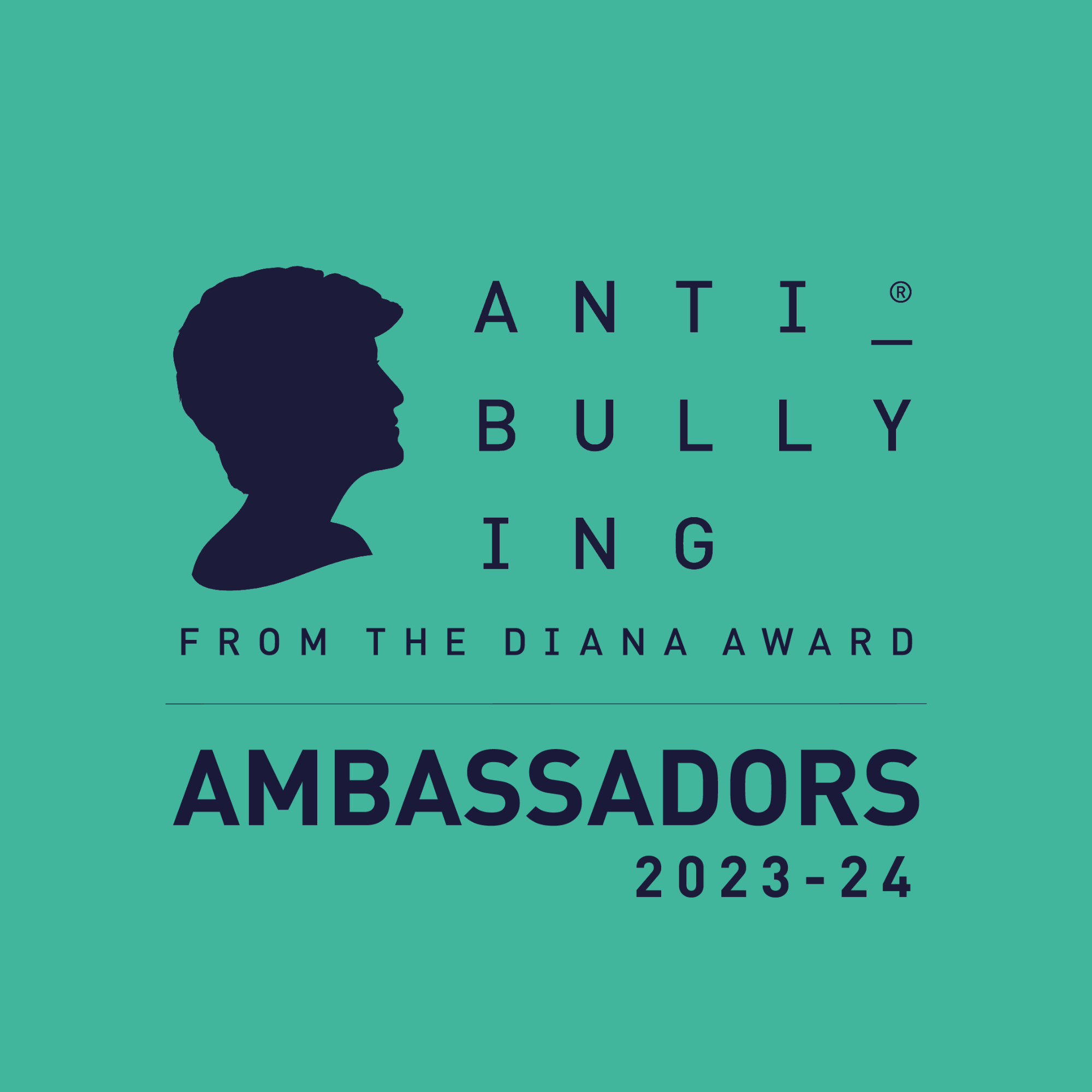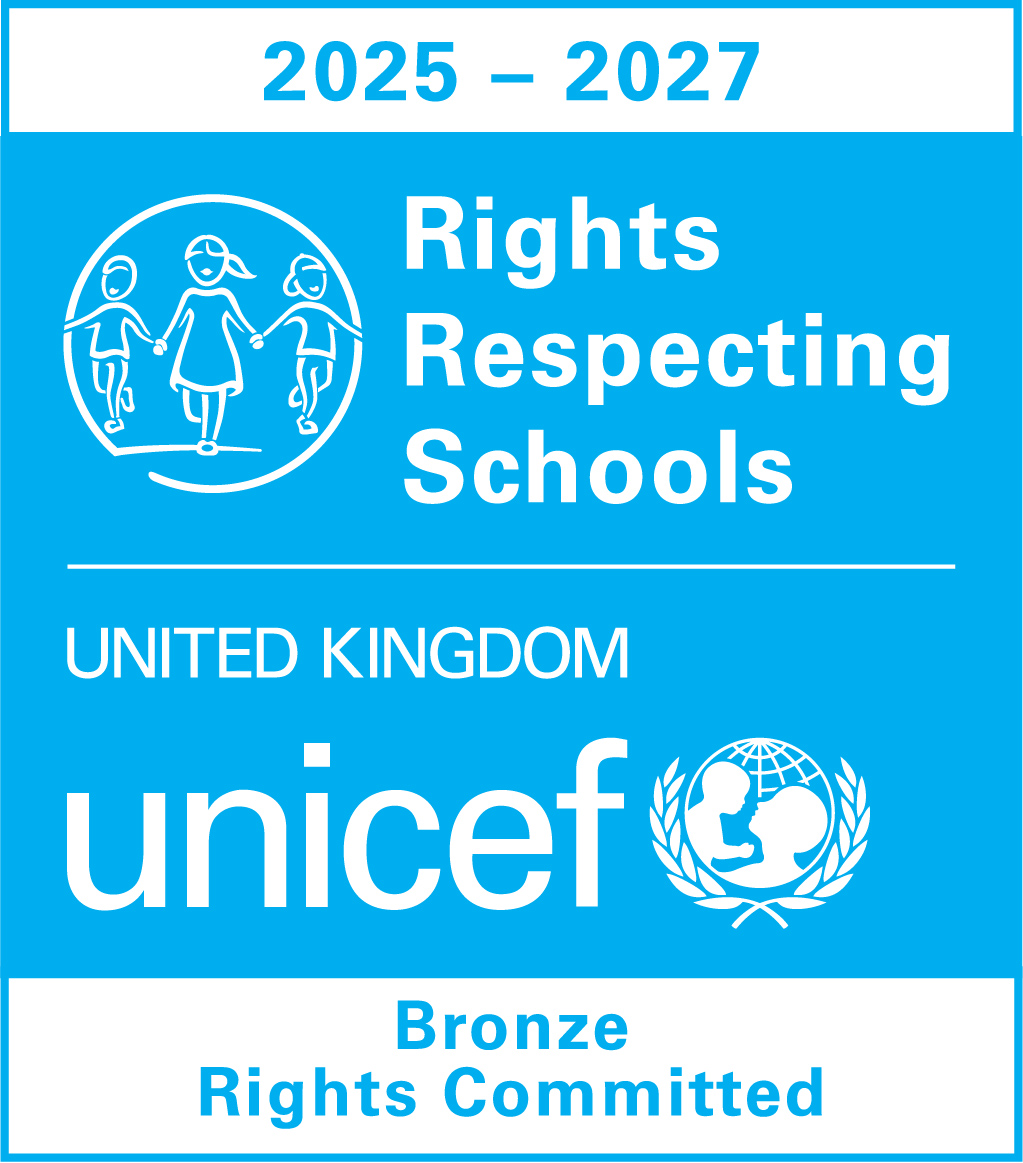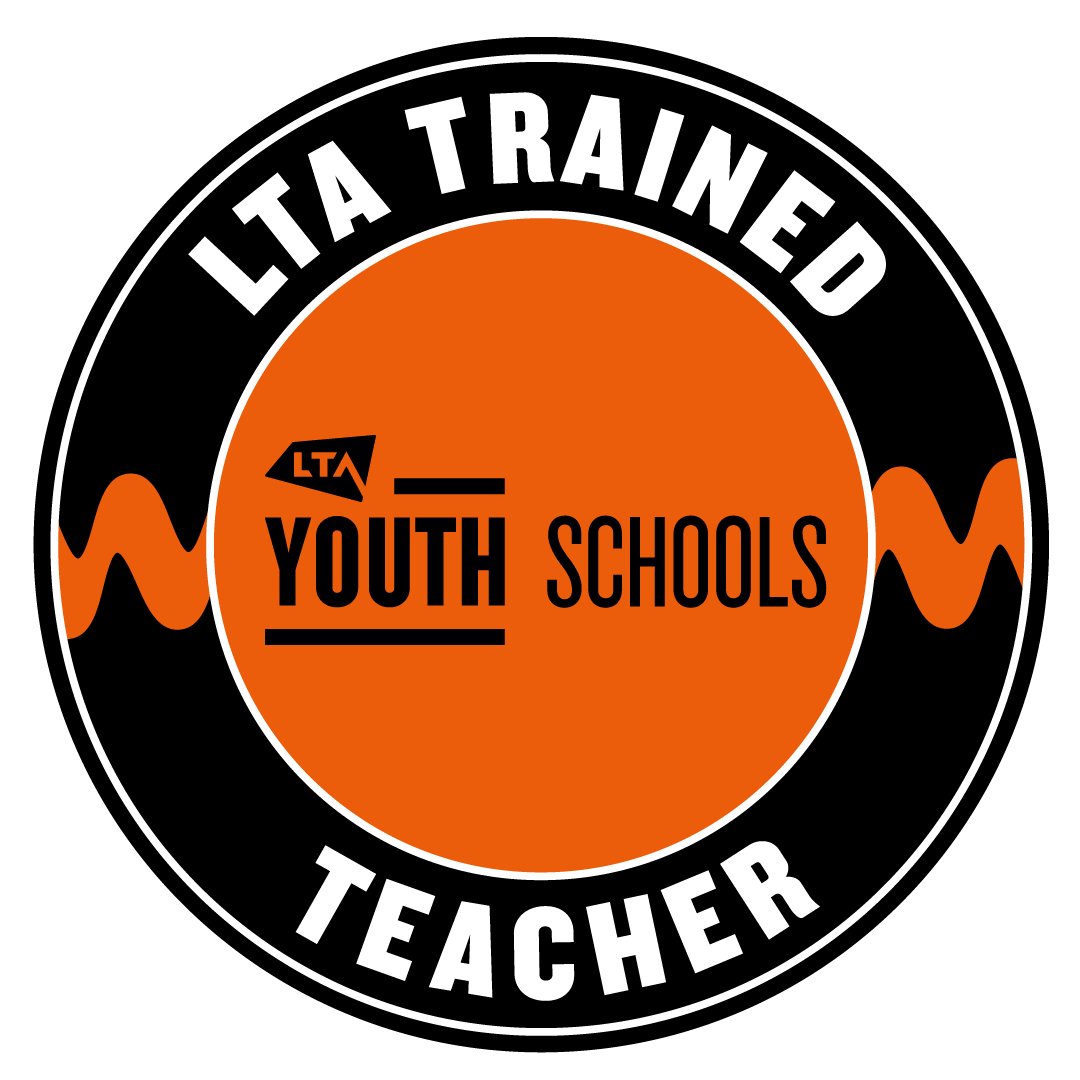Pupil Wellbeing
'Pupil wellbeing is prioritised here'
Ofsted 2023
Our Wellbeing Team
|
Ms Owen |
Mr Thorp |
Ms Weller |
Ms Castle-Mason |
What do we offer?
ELSA Support
We provide support for a range of emotional needs, such as:
- Recognising emotions
- Anxiety
- Self-esteem
- Social skills
- Friendship skills
- Anger management
- Loss and bereavement
- Family illness or separation
- Behaviour
- Relationships
- Bullying
- Relaxation techniques
How does it work?
ELSA is an initiative developed and supported by Educational Psychologists. It is recognised that children learn better and are happier in school if their emotional needs are met. We have undergone training, and receive regular support from, Educational Psychologists from our Local Authority to plan and deliver programmes of support to pupils who are experiencing temporary or longer-term emotional needs.
Sessions are planned to support children in recognising their feelings, developing new skills and coping strategies that allow them to manage social and emotional demands more effectively. These sessions are fun, using a range of activities such as: games, role play with puppets, arts and crafts and mindfulness and take place in the ‘Nest room,’ which provides a warm, calm, safe place for the child to feel supported and nurtured where they can share their thoughts and feelings. The majority of ELSA sessions are delivered on an individual basis, but sometimes small group work is more appropriate, especially in the area of social and friendship skills. The programme is weekly and lasts usually between 6-10 weeks depending on the individual child.
How can my child get support?
There are three ways you child can access ELSA support:
- Each classroom has a worry box. The child can write their worry on a slip. Mrs Houston checks the worry boxes weekly, and then speaks to the child about their worry. Children can also see Mrs Houston in the Nest room during the lunchtime drop in, or the child can speak to a Child Mental Health Champion.
- Class Teachers and other school staff can refer a child who they think would benefit from ELSA sessions. We will always contact you and seek your permission before beginning any work with your child.
- Parents/Carers can request support directly. If you think your child may need my support or if you would like some advice with how to support your child at home please email me on ELSA@williambyrd.school
Rainbows Bereavement and Separation Support
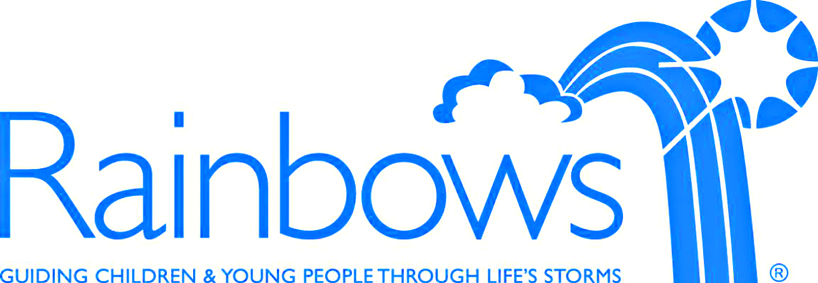 We are able to provide support in our Rainbows group for any child who:
We are able to provide support in our Rainbows group for any child who:
- has experienced the death of a family member, friend or sibling, or;
- whose family have experienced a separation
When something significant happens in a family, it can have a profound effect on the child. If a parent dies, a divorce happens, or some other painful loss occurs, not only do the parents grieve, the children do also. Children may find it extremely difficult to verbalise their feelings of grief because of their age and inexperience.
Through Rainbows, we offer a safe place in the Nest room where we will sensitively guide your child to begin to share their experiences, supporting them to express and understand their feelings, to feel acceptance for what has happened, and to feel a sense of belonging and love. The programme lasts for 12-14 weeks and supports self-esteem, trust, confidence, and resilience, promoting emotional development and positive, healthy relationships.
If your child has experienced the death of a loved family member, friend or sibling, or is struggling through a painful experience, this will be an opportunity for him/her to share with a special someone. This may include children who are part of new or changed family set-ups, such as after a parental separation or somebody leaving the home.
If you would like to refer your child to enable them to be considered for attending these sessions or you would like some more information, please speak to your class teacher or contact Mrs Houston at ELSA@williambyrd.school
Growing Hope Gardening Group
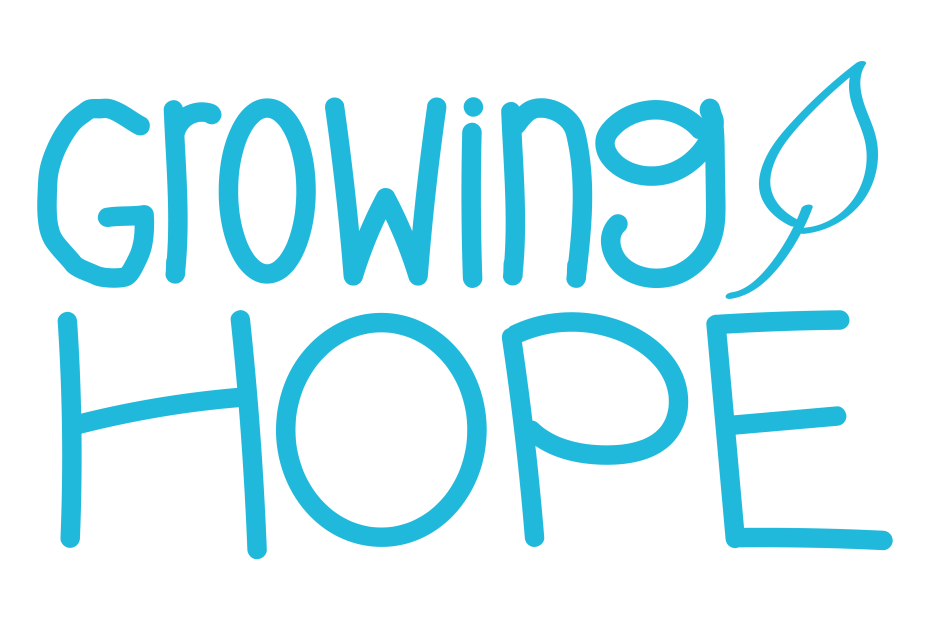 We have joined Winston’s Wish bereavement charity to run a Growing Hope project. The Growing Hope project brings together bereaved children to garden at regular sessions during school time. These children can experience the benefits of gardening throughout the year whilst having the opportunity to meet with other grieving children and create an informal network of support. Our garden area will provide a quiet reflective space for children to cope with their grief.
We have joined Winston’s Wish bereavement charity to run a Growing Hope project. The Growing Hope project brings together bereaved children to garden at regular sessions during school time. These children can experience the benefits of gardening throughout the year whilst having the opportunity to meet with other grieving children and create an informal network of support. Our garden area will provide a quiet reflective space for children to cope with their grief.
How does gardening help with grief?
The Growing Hope project follows the seasonal cycle of the year and uses it as a metaphor for growth and change that supports the children in coming to terms with their own changing circumstances and supports them to understand the concept of life and death. There is strong evidence linked to gardening and connectivity to nature with improved mental and physical health. For bereaved children in particular growing vegetables can give children a sense of purpose.
The benefits of the group session
Working together with nature means the children can connect with others who have had similar experiences, enabling them to access support and understanding. Through this they can realise they are not alone and that many emotions that we feel when grieving such as sadness, anger, anxiety, guilt, fear, denial, disbelief and confusion are part of the journey. The relationship formed with other children may create a supportive network of families within the wider local community. This helps children and their parent’s better cope with loss and reduces the experience of isolation that is often associated with bereavement.
If you would like your child to join the group please contact Mrs Houston by e-mailing ELSA@williambyrd.school.
Drawing and Talking
 Drawing and Talking has been carefully designed by Child Psychotherapy and Mental Health Experts to be safe to deliver by individuals who have been trained by Drawing and Talking in the therapeutic technique.
Drawing and Talking has been carefully designed by Child Psychotherapy and Mental Health Experts to be safe to deliver by individuals who have been trained by Drawing and Talking in the therapeutic technique.
Staff who deliver drawing and talking are:
- Mrs Houston
- Miss Weller
- Miss Castle-Mason
Drawing and Talking is an attachment based therapeutic intervention through a 12-week cycle of 30-minute one-to-one sessions. This intervention helps to build healthy attachments and helps to process emotional pain resulting from trauma.
The child utilises drawing as a way to help them express their feelings differently from ordinary verbal language.
Once the child feels safe and the Practitioner has created a secure attachment, their imagination begins to unfold and over time a symbolic resolution is found and trauma begins to heal.
After completion of the Drawing and Talking therapy, individuals are more able to control their behaviour and most importantly have higher self-esteem, allowing them to thrive in the world around them.
Suitable for children
Who are:
- Child of separated parents
- Adopted / fostered
- Young parents
- Young caregivers
- LGBTQ+
- Socially disadvantaged
- Bereaved
- Ill or disabled
- Bullied or a bully
- Autistic
Suffering from:
- Trauma
- Anxiety, stress or phobias
- Disrupted or disturbed sleep
- The effects of domestic violence
- Inability to make friends
- Inability to play
- Being withdrawn
- Inappropriate behaviour
- Peer or sibling disputes
If you would like your child to be considered for attending these sessions or you would like some more information, please contact Ms Houston ELSA@williambyrd.school
Mental Health Support Team
The NHS Hillingdon Mental Health Support Team are made up of educational mental health practitioners who come to our school once a week. They work 1-1 with parents of children who are experiencing mild to moderate mental health concerns and behaviour difficulties. They will also deliver a variety of workshops throughout the year.
How can they help?
The Mental Health Service Team offer evidence based interventions for children with low mood, anxiety, challenging negative or unhelpful thoughts, panic and stress management, simple phobias and common behaviour difficulties. Parents will learn techniques or emotional management, understand challenging behaviour, how to set boundaries and fostering resilience in children.
If you are interested in this support or would like some more information, please contact Mrs Houston at ELSA@williambyrd.school
Young Carers
Whole School commitment to Young Carers and their families
At William Byrd Primary Academy School we are committed to developing provision for young carers and their families, so that they can attend school, enjoy their learning and fully participate in all areas of school life. We are committed to overcoming barriers to learning and help raise attendance and attainment of young carers.
A young carer is any young person who helps look after someone in their family – this may be due to illness, disability, mental health problems or an addiction. Statistics show that there are likely to be young carers in every school; one in ten young carers are under ten years old.
At William Byrd Primary Academy we will capture the commitment by widening our provision, building on the needs of the young people and better meet young carers’ needs by reviewing William Byrd Primary Academy School’s provision for young carers, with a view to ultimately achieving best practice.
How we will achieve this:
- The whole school is committed to meeting the needs of young carers so that they can attend and enjoy school in the same way as other pupils/students and achieve their potential.
- The school has a designated Young Carers’ School Lead and a Young Carers’ Operational Lead, who are responsible for young carers and their families. Pupils and families will be made aware of the identity of this lead and how to contact them to access support.
- The school only shares information with professionals and agencies on a need to know basis in order to support pupils and their families.
- The school uses Pupil Premium funding to minimise any barriers to education and learning experienced by eligible young carers.
- The school has an effective referral system and strong partnership in place with relevant external agencies, including the school nurse and the local young carers’ service.
- The school takes a proactive approach to identifying young carers.
- The school reduces barriers to education and learning and supports the wellbeing of young carers.
- The school understands the needs of families of young carers.
- The school will actively seek feedback and ideas from young carers and their families to shape and improve support.
We will strive to achieve best practice for pupils and families in our school in order to provide them with the best chance of success in their future.
At William Byrd Primary School our Young Carers Lead is Mr Thorpe and Mrs Houston is our Young Carers Operational Lead. If you think your child may be a young carer, please contact them via the school office to discuss any help or support we can offer our young carers and their families.
Further information about Young Carers can be found at the following links:
Opal
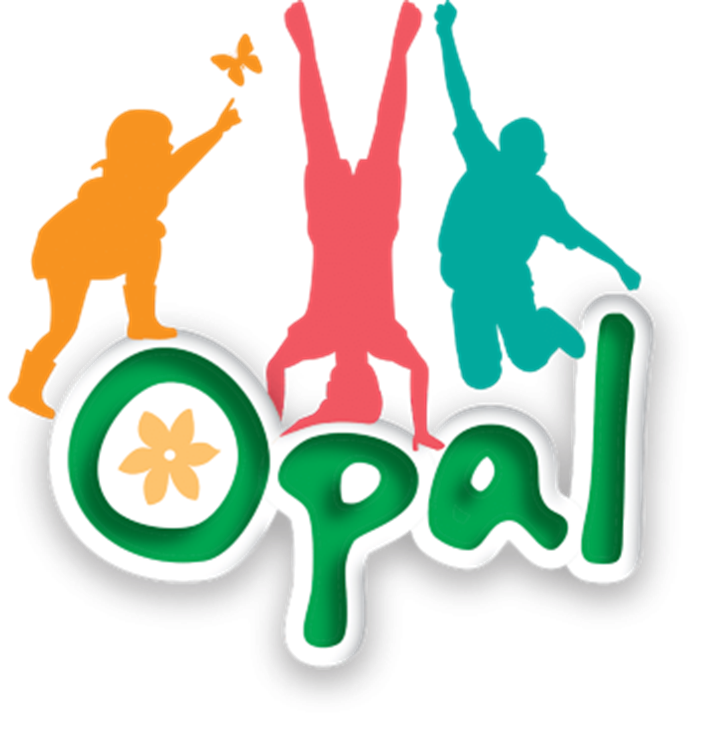 Opal is our newest initiative that will contribute to overall children's development, especially the wellbeing of our children.
Opal is our newest initiative that will contribute to overall children's development, especially the wellbeing of our children.
There is a wealth of research evidence showing that children need plenty of time to be outside, active and freely playing to keep them feeling happy and healthy.
Research shows the following benefits of Opal for children:
- Behaviour - Happy and stimulated children have fewer issues in the playground
- Accidents - OPAL schools have up to 80% fewer reported accidents
- Effect on lessons - Consistently report more teaching time in afternoon lessons
- Self-regulation - Our children learn to self-regulate through practice, trust and freedom
- Physical activity - All children, including girls, SEN and non-sporty children are significantly more active
- Mental well-being - Research shows OPAL children are happier and self-reporting improved mental health
- Social and emotional development - Good play in the laboratory of life where relationships are practised
- Links to formal learning - Many OPAL schools report increased creativity, imagination and collaborative skills
- Attendance - Children can't wait to come to OPAL schools because they have such fun
- Parents - Parents at OPAL schools love it that their children are happier
- Self-esteem - OPAL schools report significant improvements in children's ability to identify and manage risk
External Agency Support
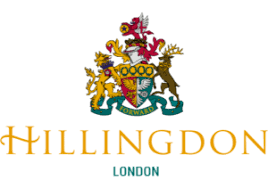 We work closely with external agencies to support children in a range of ways. Where necessary we refer children with parental permission to Hillingdon Targeted Support, Holiday and Food clubs (HAF), Young Carers and CAMHS.
We work closely with external agencies to support children in a range of ways. Where necessary we refer children with parental permission to Hillingdon Targeted Support, Holiday and Food clubs (HAF), Young Carers and CAMHS.
Hillingdon Mental Health Service Team
Education Mental Health Practitioners work with parents one-to-one or in groups, guiding them through tools and techniques to support their child’s mild to moderate anxiety or behavioural difficulties.
They deliver workshops on a variety of mental health and wellbeing topics to both children and parents.



